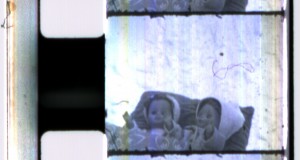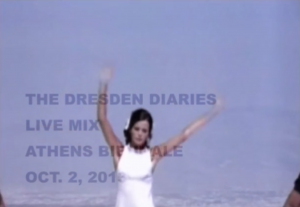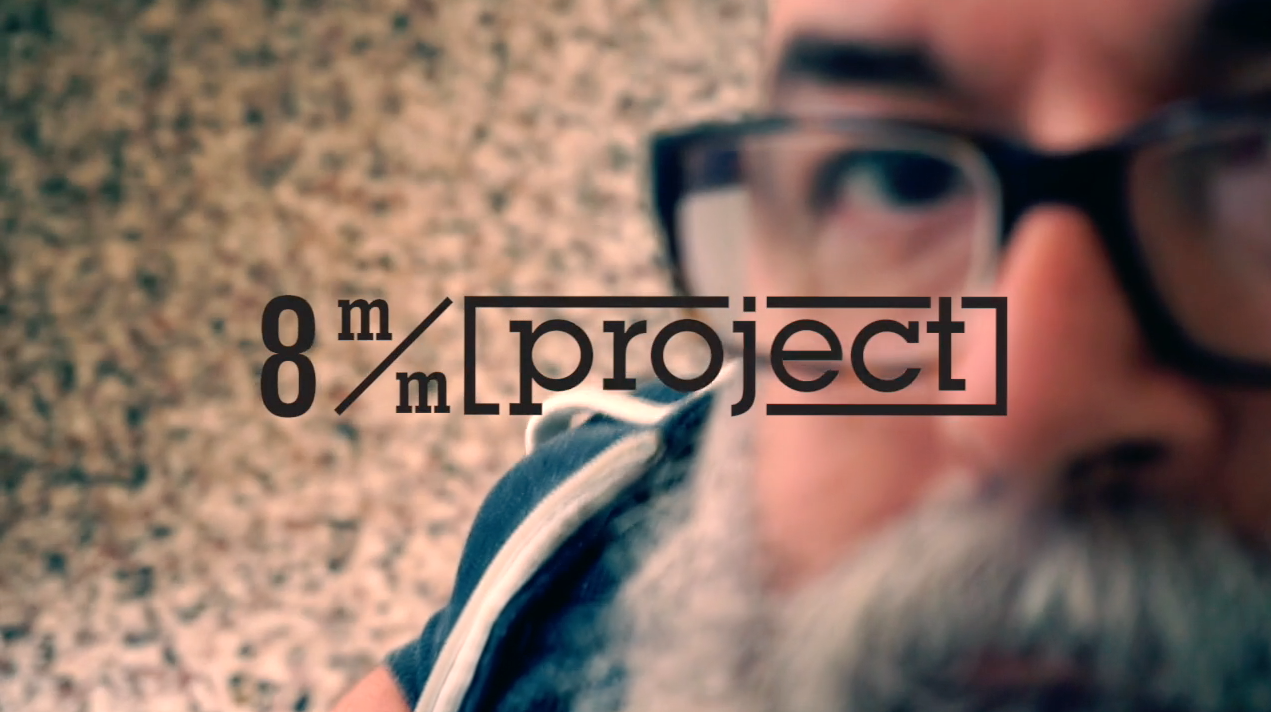
In Dresden Diaries, Alkis Vlassakakis uses previously unseen super-8 footage from communist Greek families growing up in East Germany and juxtaposes it to popular Greek films of the 60s to tell a story of displacement and the distorted narratives of a fictional “heimat”, a place that does not quite exist. In those films, the archive of Georgia Dewetzi (1940-2011), we see a capturing of what those families felt ‘greek normality’ to be, the way in which they recreated Greece in East Germany from a distance and through the creatively distorting lens of communism. To intensify some of the inner contradictions of the footage, Vlassakakis decides not to present the archival shots in a continuous, documentarist, linear fashion, but prefers a poetic collage of moments that come and go, slowly piecing a puzzle of those very fragmented identities.
departing for good from any notions of documentarist intentions
Instead of going for an old-fashioned pseudo-neutral ethnology, Vlassakakis reworks the footage with a very conscious understanding of the complexities of anthropological video and the problematics of representation. In his frantic cuts, reminiscent of Vertov’s montage, specific moments come and go, they repeat, they fade: a moment of celebration, a trivial moment, something public, something personal, moving images keep changing and the viewer is always uncertain of the spatiotemporal continuity and the exact context to which they once belonged, intensifying the notion of identity uncertainty and fragmentation. On top of this and departing for good from any notions of documentarist intentions,

Vlassakakis juxtaposes at various points images from Greek pop films that present similar moments to those seen in the super-8 footage. Using filters that chromatically balances the documentarist and fictional shots, he makes the footage work alongside, creating a non-real reality where everything is unclear and at stake at all times. Through this aesthetical gluing method, Vlassakakis achieves a phenomenon similar to what Mark Fisher describes as ‘hauntology’, an obsession with a retro state, but which one feels unable to truly position themselves against or within. The result is a major question around the notion of national authenticity. What is real and what is constructed when it goes to national identities? What is genuine and what is a copy? Is a Greek pop fictional product more or less relevant to Greek identity than a home-movie of Greeks in East Germany? Vlassakakis’s methodology is at once poetic and dialectic, creating a very imaginative dialogue with the initial material, but also coming up with new collage moments of identity complexities.
Dr Fil ieropoulos
Senior Lecturer of Film & TV
Buckinghamshire New University

Neueste Kommentare